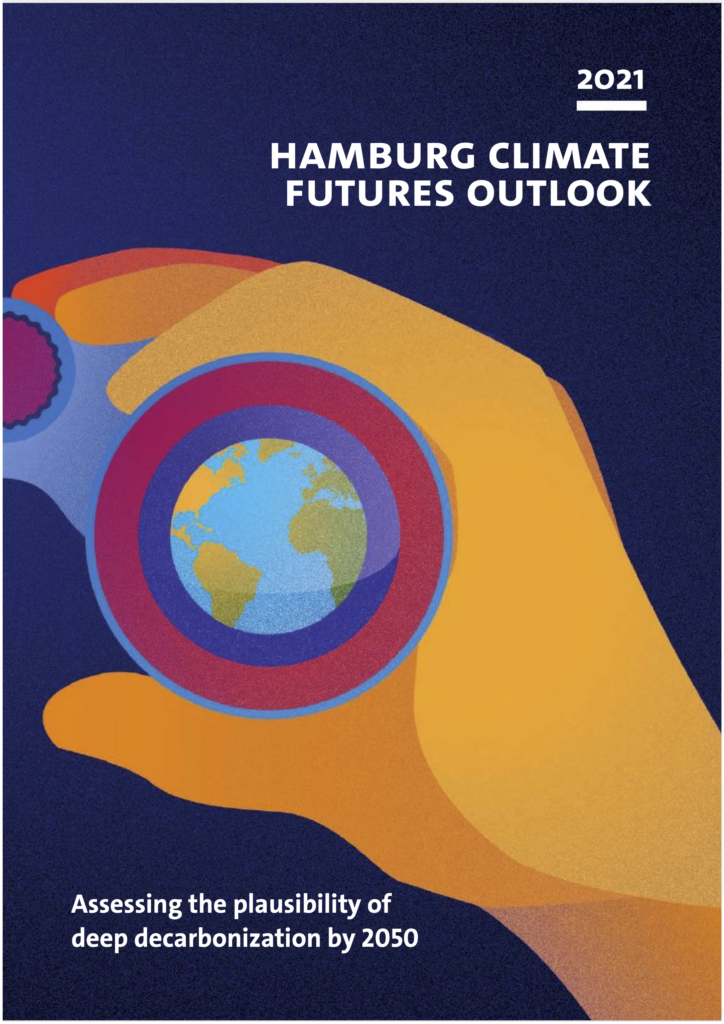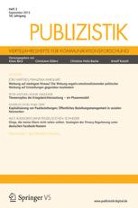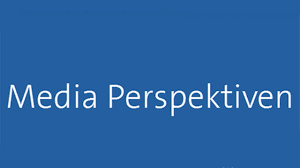Abstract
Modeling future pathways is essential for climate research, and such climate futures are also an integral part of media coverage on climate change. However, research on media’s framing of climate change has only sparsely investigated future visions, although media effect studies assume that characteristics of climate futures, including their visual representation, can motivate people to act. Hence, in this study, we analyzed the multimodal media framing of climate futures. The qualitative content analysis considered leading news magazine cover stories on climate change (N = 62) from 1980 to 2019 in India, Germany, the United Kingdom, and the United States. We identified three multimodal frames: While Global Doom and Local Tragedies were dominant in the early years, a new frame has recently emerged and focuses more prominently on a Sustainable Future. This analysis thus witnessed a shift from apocalyptic climate futures to a more diverse and potentially empowering reporting.
Lars Guenther, Michael Brüggemann & Shorouk Elkobros (2022) From Global Doom to Sustainable Solutions: International News Magazines’ Multimodal Framing of our Future with Climate Change, Journalism Studies, 23:1,131-148, DOI: 10.1080/1461670X.2021.2007162





